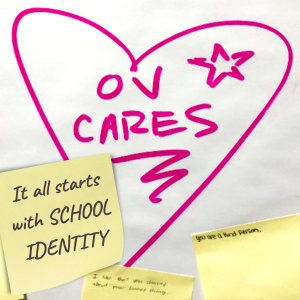Instead of accepting myths that harm low-income students, we need to eradicate the systemwide inequities that stand in their way. Paul Gorski debunks many of the various myths associated with the concept of the “culture of poverty” and addresses what he believes is the real reason an achievement gap exists between low and high income students: a culture of classism. Throughout the article, Gorski explores what it means to be a class conscious educator and what educators can do to debunk the myth of the “culture of poverty.”
The-Myth-of-the-%22Culture-of-Poverty%22.pdf (7766 downloads )Author: Paul Gorski
Excerpt From The Myth of the “Culture of Poverty”
“Oscar Lewis coined the term culture of poverty in his 1961 book The Children of Sanchez. Lewis based his thesis on his ethnographic studies of small Mexican communities. His studies uncovered approximately 50 attributes shared within these communities: frequent violence, a lack of a sense of history, a neglect of planning for the future, and so on. Despite studying very small communities, Lewis extrapolated his findings to suggest a universal culture of poverty.
More than 45 years later, the premise of the culture of poverty paradigm remains the same: that people in poverty share a consistent and observable ‘culture.’ Lewis ignited a debate about the nature of poverty that continues today. But just as important— especially in the age of data-driven decision making—he inspired a flood of research.”




